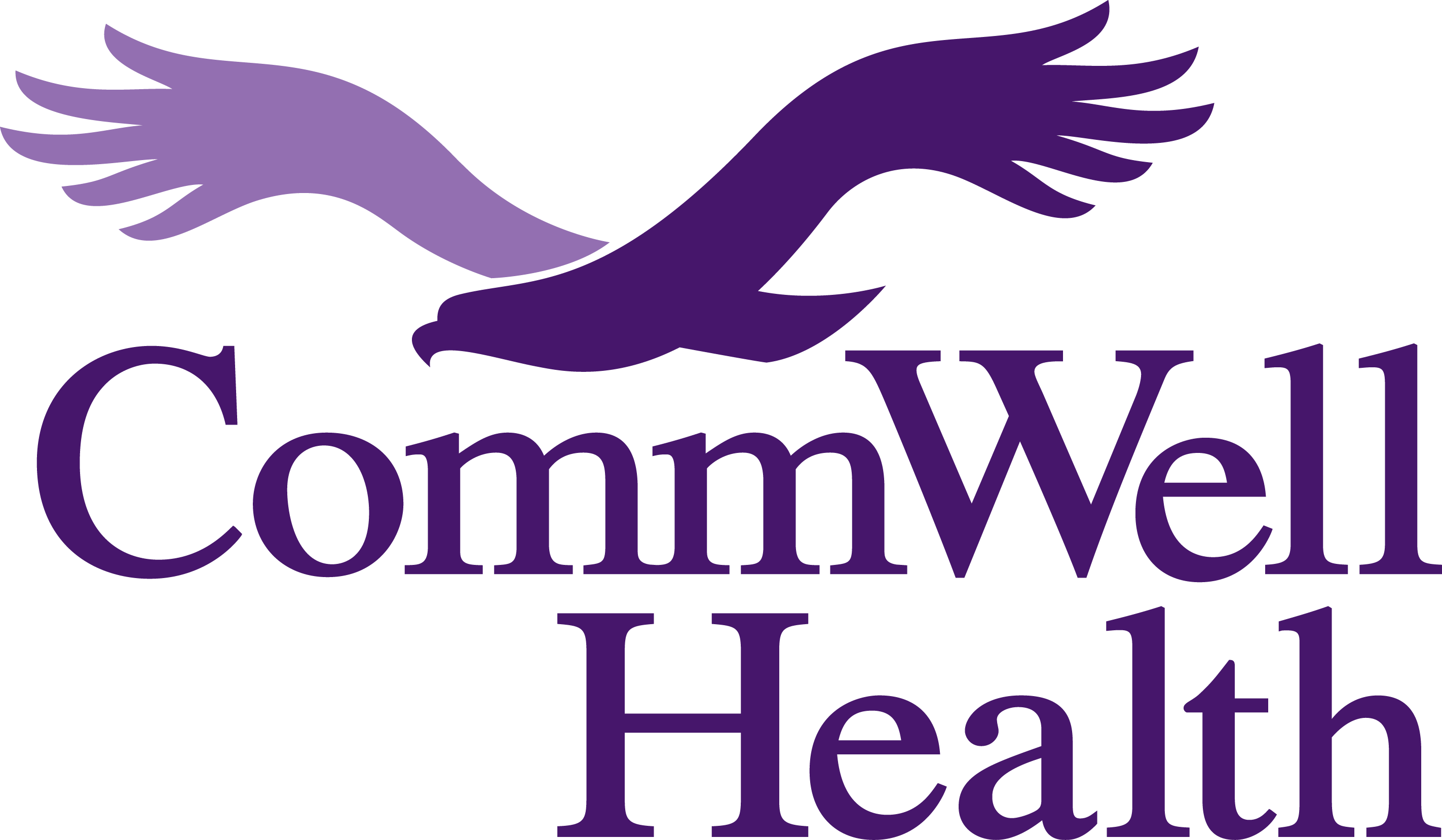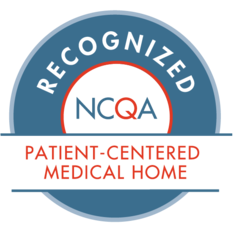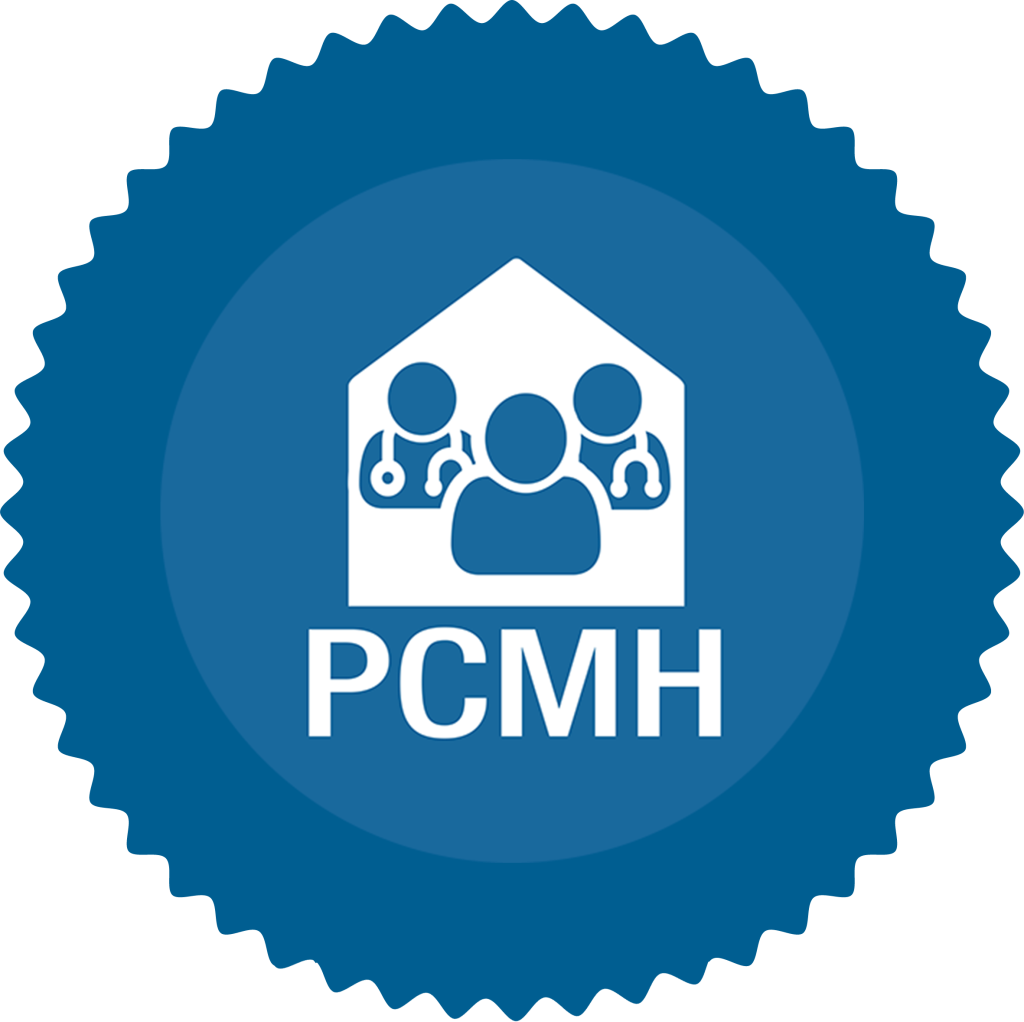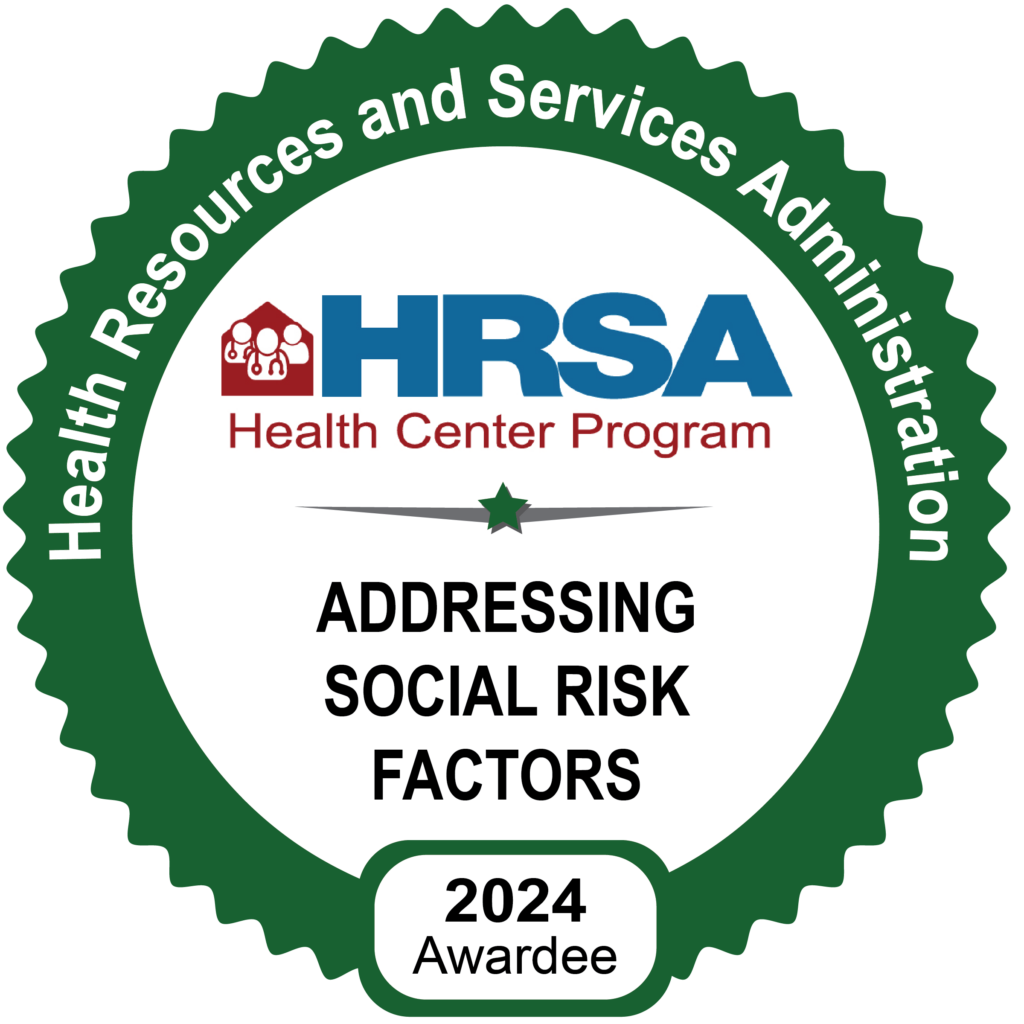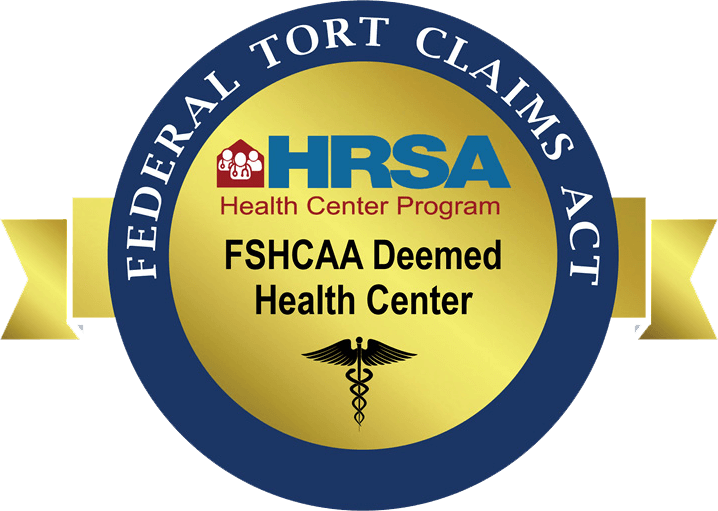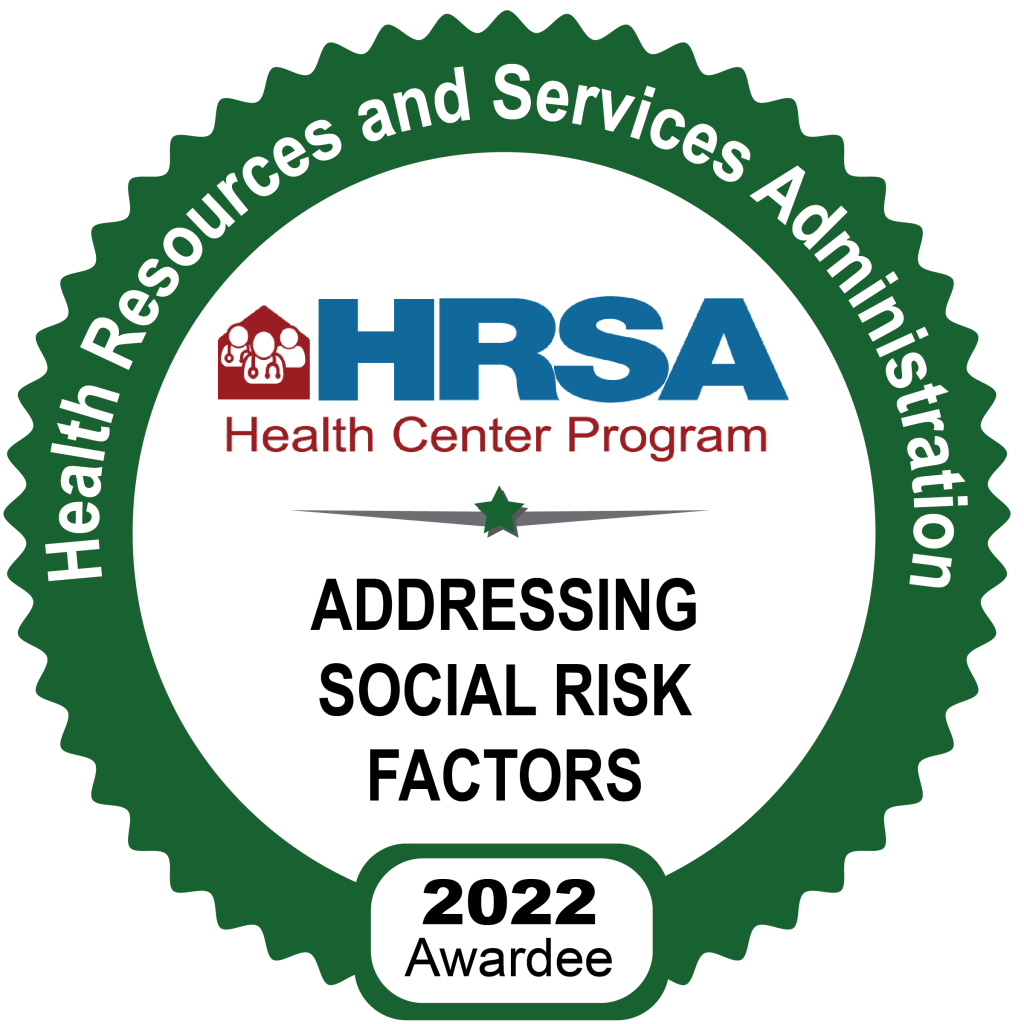
- Numerous imaging studies such as functional MRIs have shown that while we’re listening to music, our brain releases certain neurotransmitters such as dopamine, norepinephrine, and serotonin. These chemicals are related to the brain’s reward center, which gives us that “feel-good” feeling. In fact, antidepressants work by impacting these specific neurochemicals. If you’re living with depression, talk to your therapist about how you benefit from incorporating music into your treatment regimen.
- Dementia
- Given music’s impact on mood, it’s not surprising that music therapy may help with dementia. It won’t reverse the symptoms or improve memory, but it can help with some of the behavioral and language issues that are particularly challenging to manage. Several recent studies have demonstrated significant improvement in orientation, depression, and anxiety in both mild and moderate cases as well as with delirium, hallucinations agitation, irritability, and language disorders. A few studies showed improvement in cognitive measures after only 4 music therapy sessions. And if music is combined with dance therapy, there could be even more improvement. Drug therapy options remain limited, so adding music to a daily routine could be worth a try to improve quality of life.
- Chronic Pain
- Pain results from multiple and complicated neurologic mechanisms. Music seems to impact pain by affecting key neurotransmitters. Listening to music often helps you focus on your breathing, slowing it down if you are in discomfort. It can also reduce your heart rate and might even lower blood pressure – probably by releasing tension in your muscles, including those in your blood vessels. Just as in running, endorphins are released. As a result, music may offer pain relief through natural means, without the use of drugs (or at decreased amounts). And, given the concerns we now have about narcotics, any way we can reduce our dependence on pain killers is a worthwhile effort.
We are only beginning to understand the impact it can have on your health – but what we know so far is exciting. You might want to talk to your doctor or therapist about including music in your treatment regimen.
